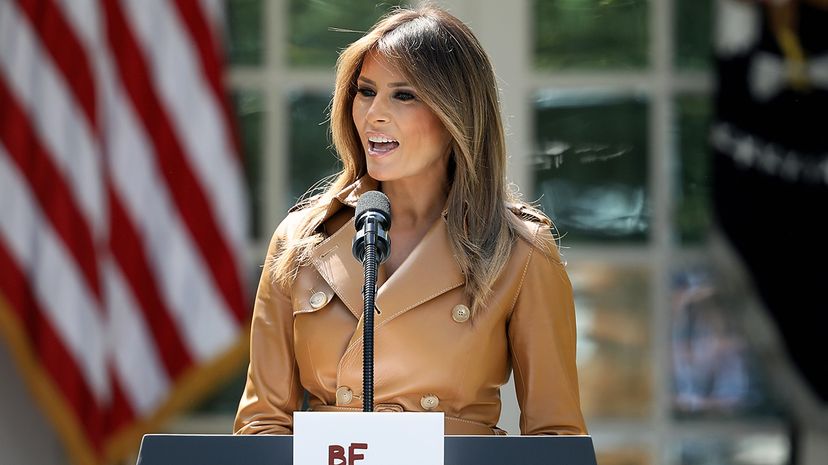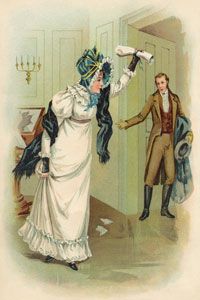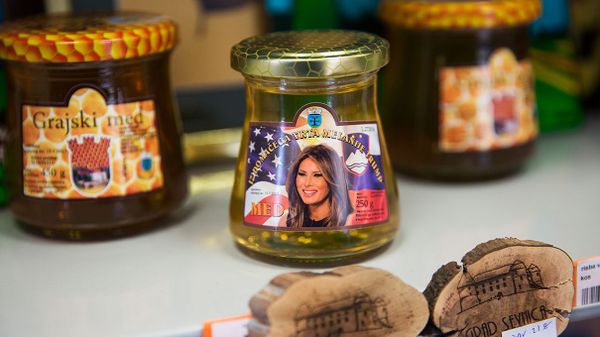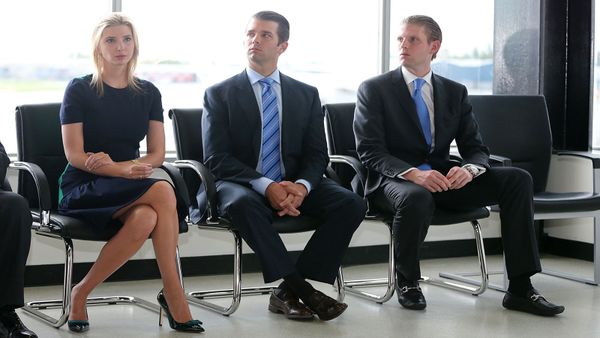While Wright absolutely believes that first ladies deserve to be paid for the important role they play in White House communications, she doesn't think it will ever happen. That's because the very source of a first lady's unique political power, says Wright, is her public perception as an apolitical "volunteer."
"The White House depends so much on their unpaid and unofficial status," Wright says. "There's an advantage to that, to be able to leverage this person who seems like they're apolitical, not vested in political outcomes. They don't have a professional interest in what's happening, which makes them more credible and genuine-seeming to the public."
While the folks at home eat up this image of the first lady as a supportive spouse and political naïf engaging in public causes out of the goodness of her own heart, it couldn't be farther from the truth. When first ladies choose a platform — like Nancy Reagan's "Just Say No" campaign or Michelle Obama's "Let's Move" initiative — the decision is largely a political one and the programs are implemented by a paid and professional White House staff.
While the office of the first lady is not mentioned in the Constitution, her East Wing staff has been fully funded by Congress since 1978, starting with Rosalynn Carter. Wright says that modern first ladies are supported by paid staff typically numbering between 15 and 25 people with a budget of roughly $2 million.
According to a 2017 annual report to Congress, Melania Trump's chief of staff, Lindsay Reynolds, is paid $179,700 a year. Like prior chiefs of staff for the Office of the First Lady, Reynolds is also an assistant to the president, which means that she attends daily strategy meetings with the rest of the White House senior staff. This ensures that the East and West Wings are always on the same political page.
"I can't emphasize enough how self-aware the position and the office is and how professionalized it has become," Wright says. "In the Obama administration, we saw a lot of people coming from private sector PR and non-profit positions who specialized in the types of initiatives she was interested in launching."
It's not an accident that the issues and initiatives chosen by first ladies are often a "softer," more family-oriented version of their husband's policy priorities:
- Nancy Reagan was telling kids to "say no" to drugs while Ronald Reagan ramped up the War on Drugs.
- Laura Bush, a former librarian, promoted children's literacy as George W. Bush implemented No Child Left Behind.
- And Michelle Obama rallied kids and families to eat healthier and exercise as Barack Obama pushed to make preventative care a hallmark of the Affordable Care Act.
On May 7, Melania Trump unveiled her Be Best campaign, an effort to draw attention to issues facing children, namely their physical health and well-being, the psychological effects of social media bullying, and the opioid crisis. In this case, it's not as clear how the first lady's platform aligns with her husband's, and some critics have pointed out the irony of the wife of @realDonaldTrump calling for parents to teach children to "choose their words wisely and speak with respect and compassion" on social media.



